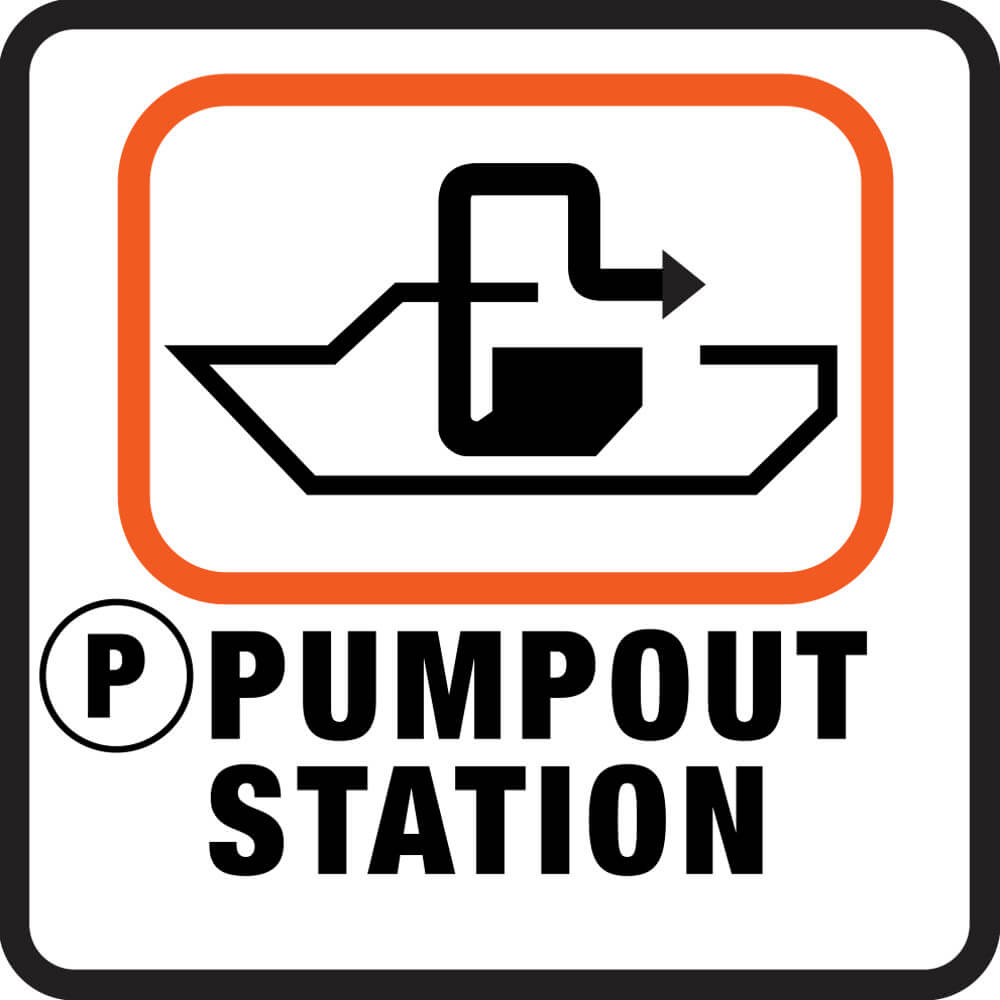California boating laws and regulations California boating rules and requirements
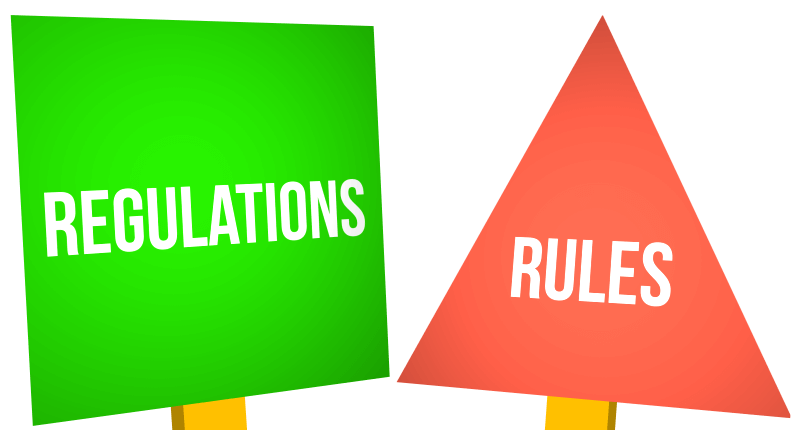
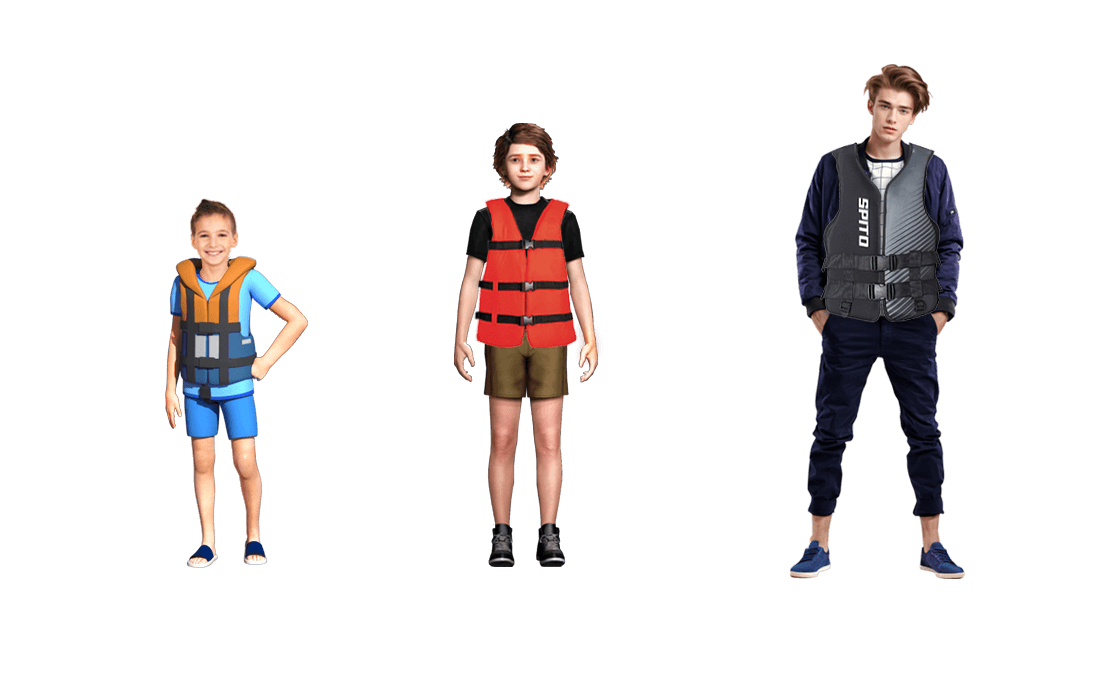
Age restrictions
A person under the age of 16 may not operate a motorboat of more than 15 horsepower unless the boat is a sailboat and does not exceed 30 feet in length - OR - the boat is a dinghy and is operated between a moored boat and shore, or to go between two moored boats. The law does allow anyone aged 12-15 to operate motorboats of more than 15 horsepower, or sailboats over 30 feet, if they supervised by a person on board who is at least 18 years of age.
PWC Operation: A person under the age of 16 may not operate a personal watercraft (PWC) of more than 15 horsepower unless...
Boating and use of drugs or alcohol
Boaters operating in California are subject to its laws governing the use of drugs or alcohol. No one is allowed to drive a boat while under the influence of drugs or alcohol, and operating a power craft in this way is a criminal offense.
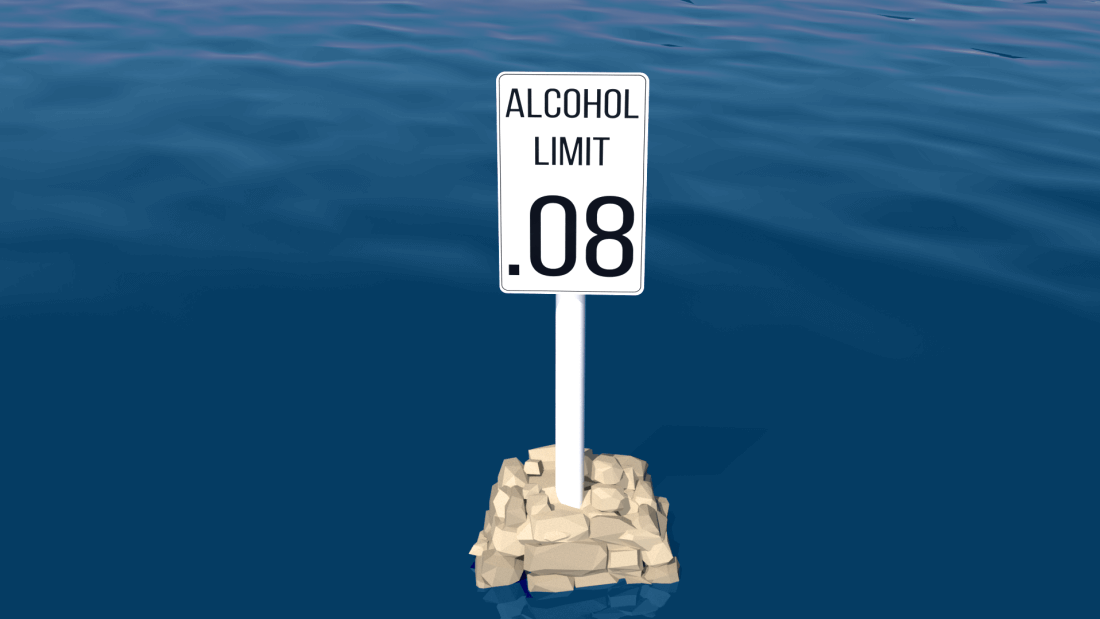
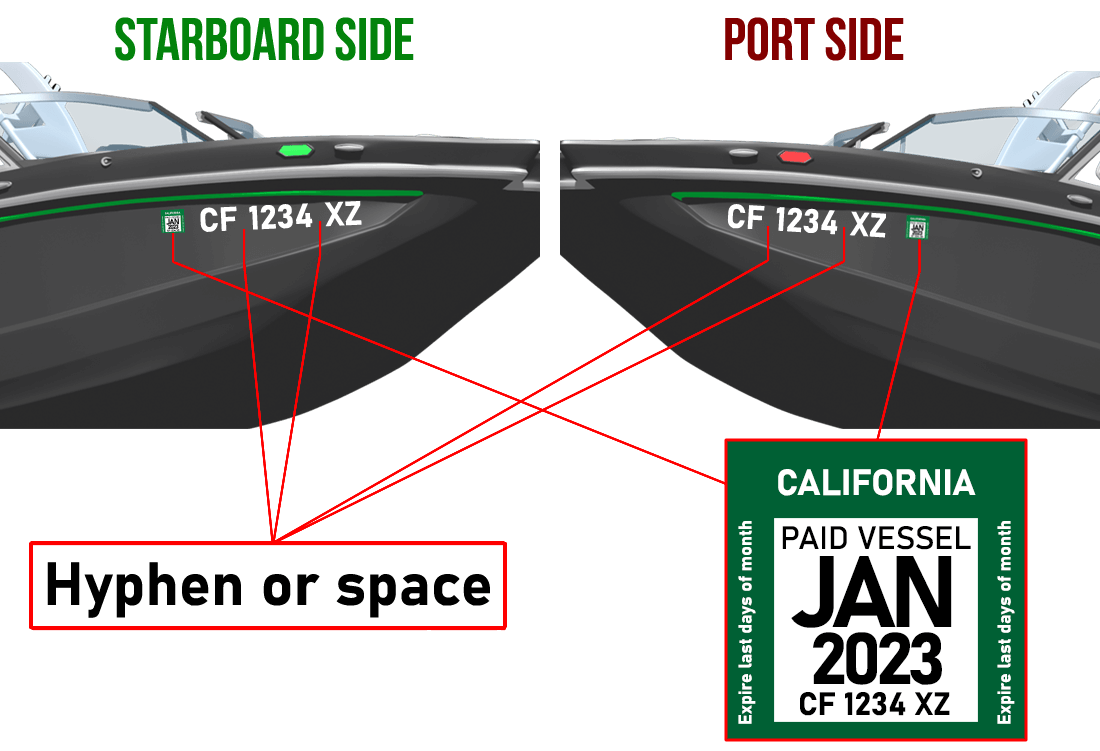
Boat registration numbers & stickers
California boat registration number placement
-
On the forward part of your vessel well above the waterline
-
On both sides of the bow
Boat Registration requirements - fees - renewal
What boats must be registered in California?
Which boats are exempt from registration in California?
Boating License Requirements
California law requires a person to be 16 years of age or older and in possession of his/her California Boater Card to legally operate a vessel powered by a motor of 15 hp or more, including personal watercraft (PWCs).
Exceptions to this law are:
- Persons 12 to 15 years of age may operate a vessel powered by a motor of 15 hp or more, including PWCs, if they are supervised on board by a person at least 18 years of age and in possession of his/her California Boater Card.
- There is no age restriction for operating a sailboat under 30 ft. long (with wind as the main source of propulsion) or a dinghy used between a moored vessel and shore or between two moored vessels.
Since January 1st, 2025, all operators of motorized vessels will need a California Boater Card.
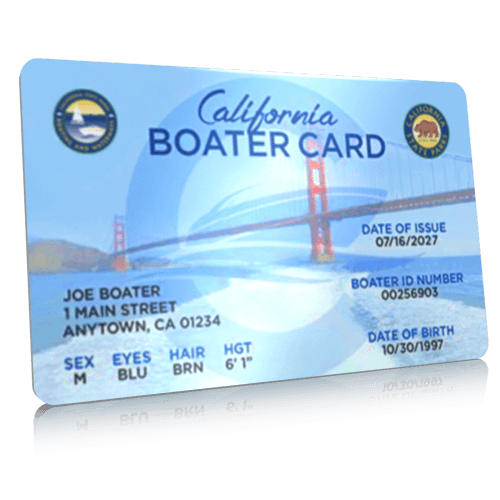
Who is exempt from California boating license
- A person operating a rental vessel.
- A person operating a vessel while under the direct supervision of a person 18 years of age or older who is in possession of a California Boater Card.
- A person who is a resident of a state other than California who is temporarily operating a vessel in California for less than 60 days and meets the boating requirements, if any, of his/her state.
- A person who is a resident of a country other than the United States who is temporarily operating a vessel in California for less than 90 days and meets the boating requirements, if any, of his/her country.
- A person operating a vessel in an organized regatta or vessel race, or water ski race.
- A person who is in possession of a current commercial fishing license.
- A person who is in possession of a valid marine operator license, for the waters upon which the licensee is operating, issued by the United States Coast Guard, or who is in possession of a valid certificate issued pursuant to the International Convention on Standards of Training, Certification and Watchkeeping for Seafarers, 1978, as amended.
- A person who has successfully completed a boating course approved by the Commission on Peace Officer Standards and Training Post.
Life Jacket Laws & Requirements
California boating law requires to wear a U.S. Coast Guard-Approved Life Jacket for:
-
all persons on board a PWC;
-
anyone being towed behind a vessel;
-
children under 13 years
Life jackets are the most important piece of safe boating and watersports equipment. According to the Division of Boating and Waterways, most boating deaths happen when people don’t wear life jackets and drown. Today’s life jackets are colorful, comfortable and easy to wear.
The Division of Boating and Waterways recommends that boaters always wear a life jacket no matter how well you know how to swim or operate a boat. You never know when an accident might occur. Once in the water, it is very difficult to locate and put on a life jacket while trying to stay afloat.
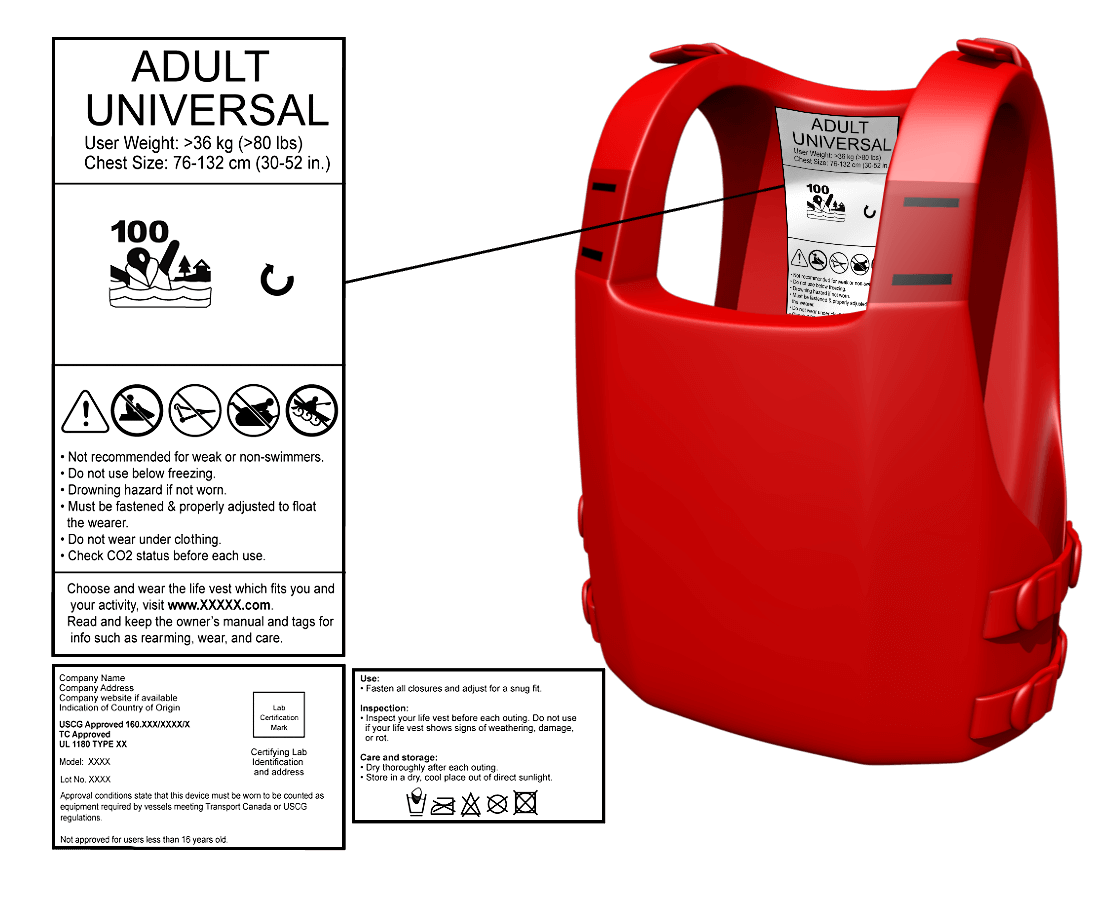
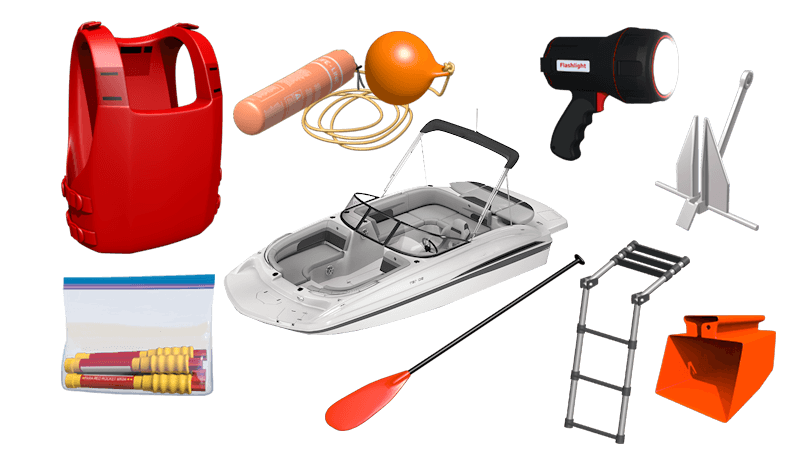
Required boat safety equipment
In this section you will find the safety equipment that each type of boat must carry on board to comply with California regulations regarding boating...
Personal Watercraft Laws & Regulations
- All operators and passengers on a PWC must wear a PFD at all times.
- When towing individuals on a tube or water skis, ensure there is enough space on the PWC for the operator, observer, and the person being towed.
- PWCs in California waters must have a kill switch with a lanyard or self-circling device, securely fastened to the operator, their clothing, or their PFD.
- Check with local marinas or municipalities for restricted operation zones.
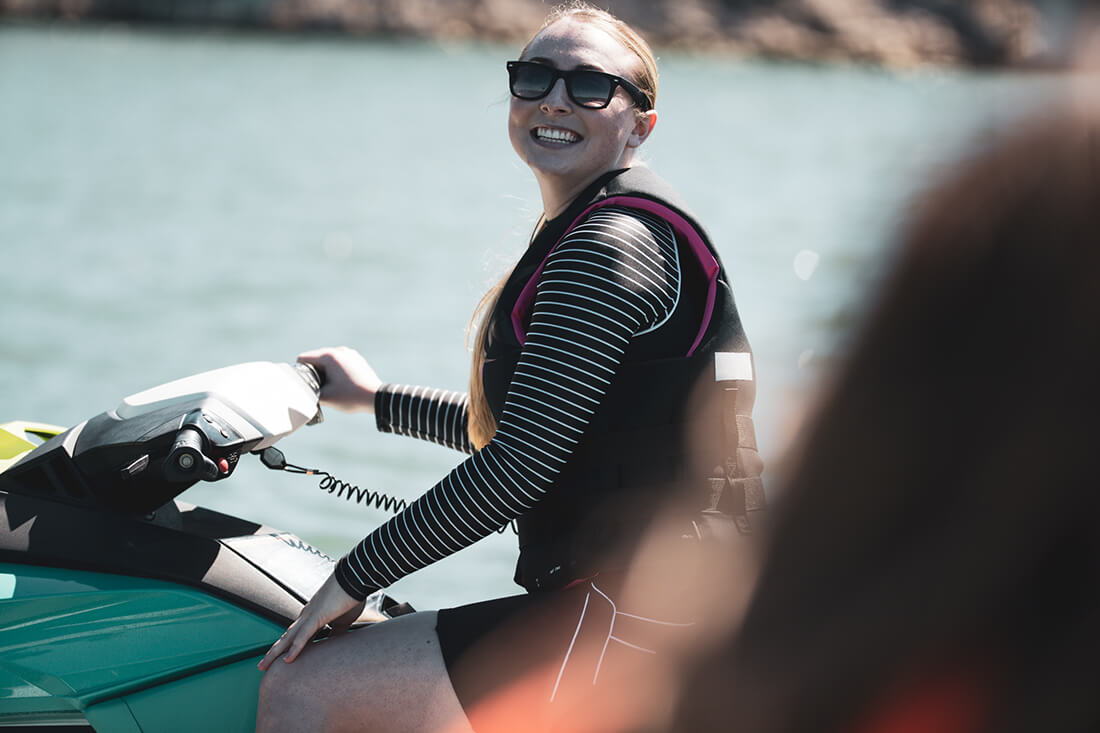
No Discharge Zones
Discharging raw sewage into any of California’s lakes, rivers, reservoirs or coastal waters within three miles of shore is prohibited within U.S. navigable waters...
Oil disposal
A word on prevention and clean-up of oil spills:
-
Check fuel lines on a regular basis and if deteriorated, replace them.
-
Use a closed system if you change your own oil...
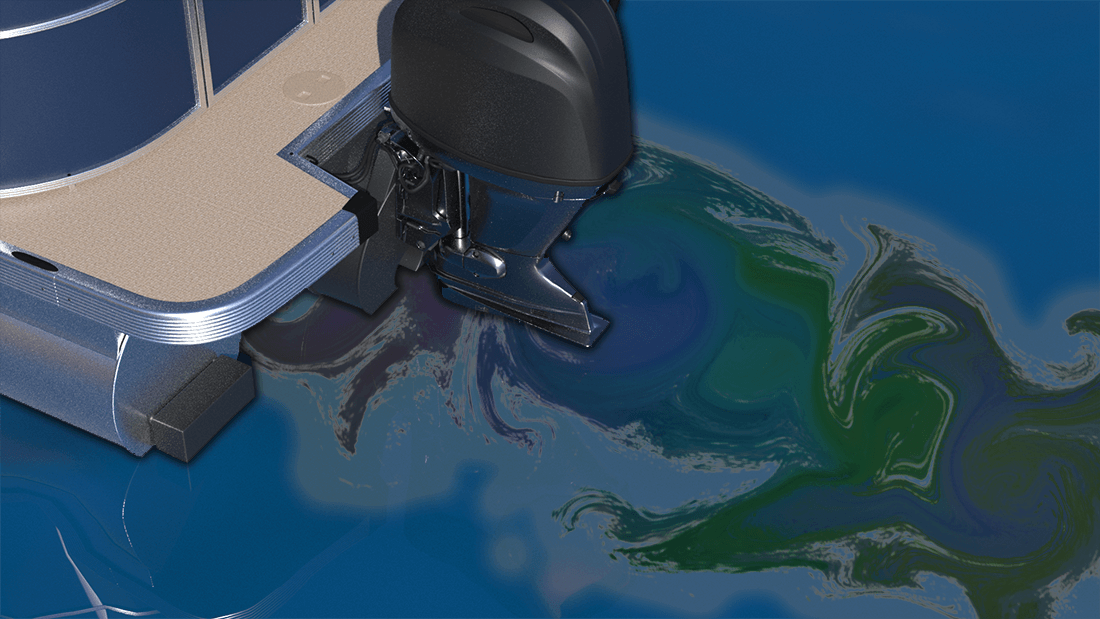
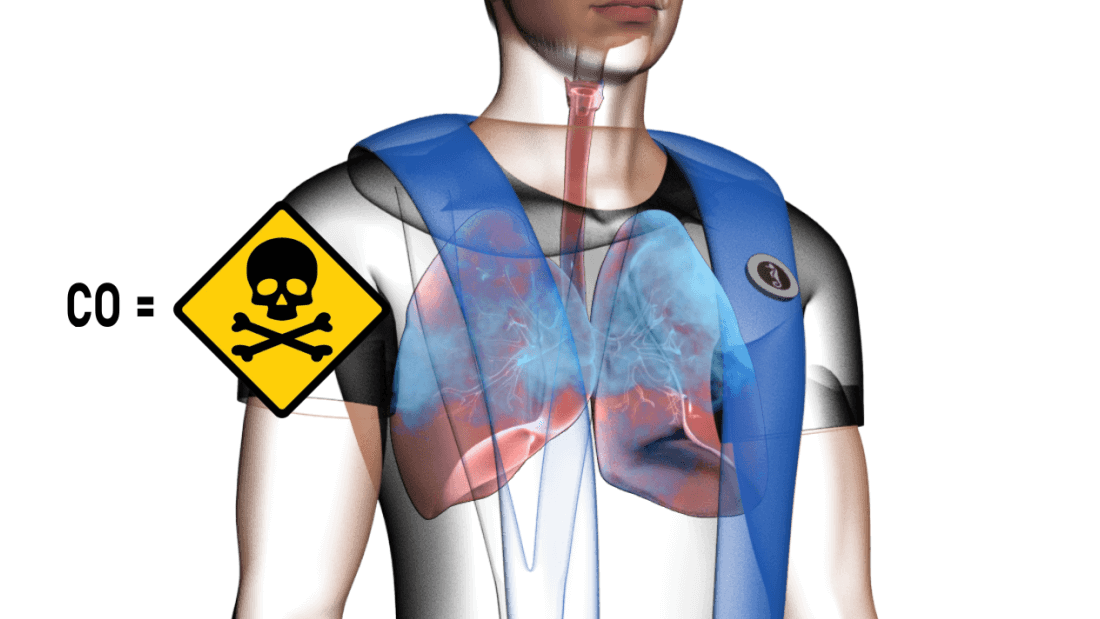
Carbon monoxide poisoning
It is possible for someone to suffer carbon monoxide poisoning while on board vessels that are poorly ventilated, houseboats, or boats where an overhead canopy is affixed. When the air moves around the boat and creates a low pressure area just behind the wide flat transom, carbon monoxide will accumulate there...
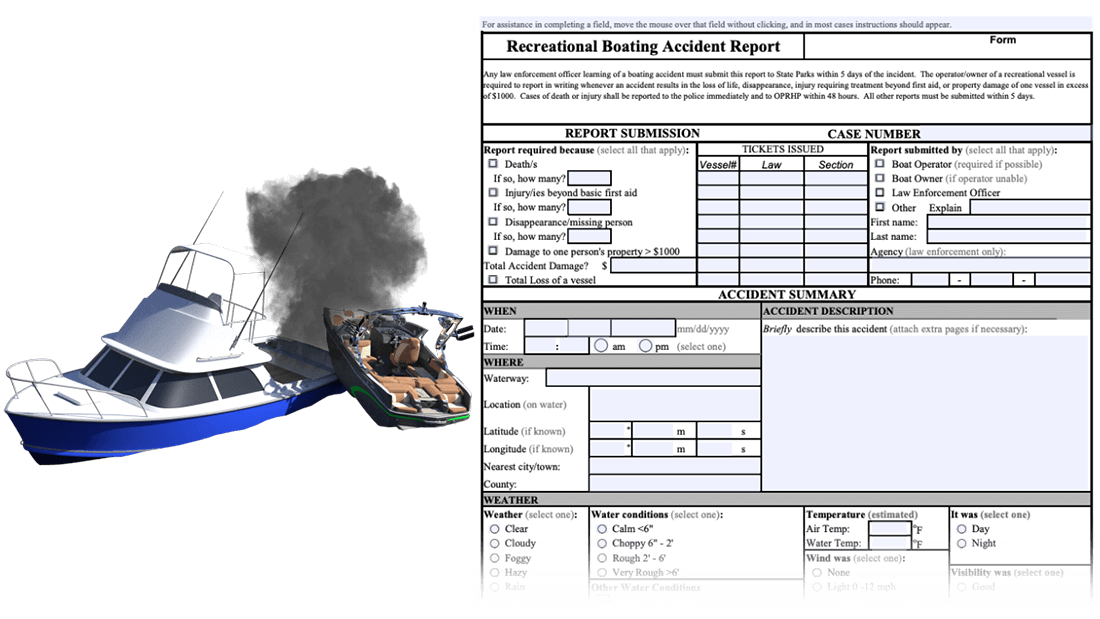
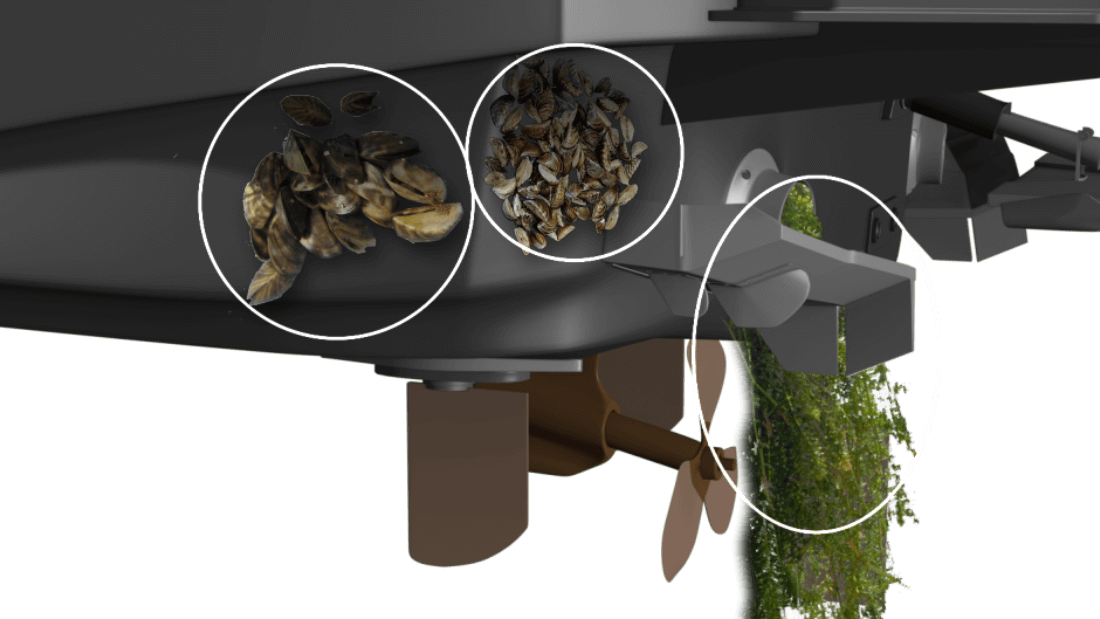
Aquatic Invasive Species
Aquatic nuisance species are non-indigenous species that threaten the diversity or abundance of native aquatic species. Two such ANS are the Zebra mussel and the Quagga mussel. States on behalf of water users spend tens of millions of dollars on attempting to control these prolific species every year...
Pumpout Station
For those who own a recreational watercraft, you must exercise diligence when it comes to protecting the waters of California. If you have installed a marine sanitation system such as a toilet, it must be connected to a holding tank with USCG certification, or you must make it secure so that there will be no discharges of sewage into the water.
